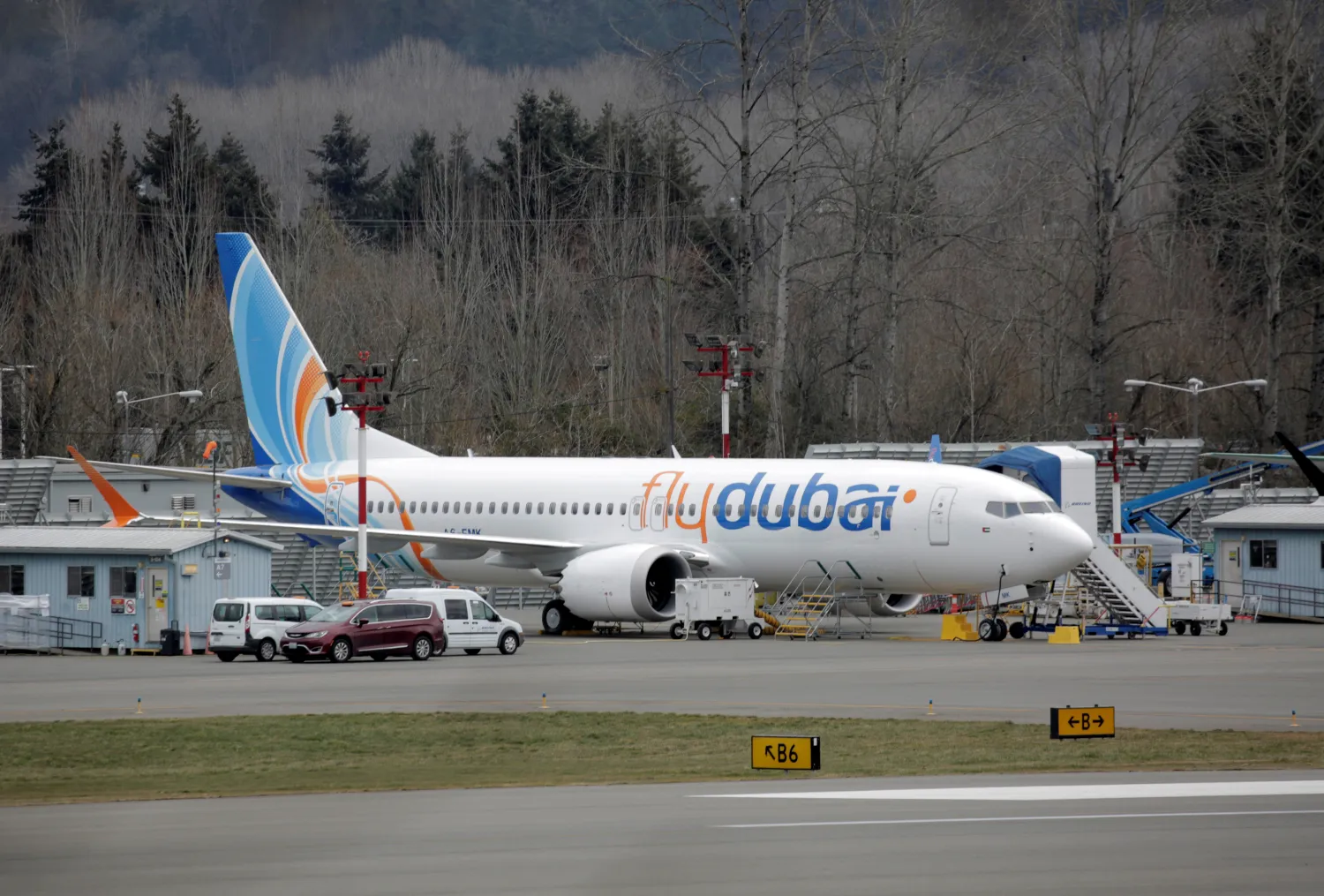Flydubai has announced the launch of two new summer routes. The Dubai-based carrier will operate three weekly flights to Mykonos International Airport (JMK) and Santorini (Thira) Airport (JTR) between June 18 and September 29.
The launch of flights to the two Greek islands brings the number of seasonal routes served by flydubai to six destinations including Bodrum and Trabzon in Turkey, Batumi in Georgia and Tivat in Montenegro, it said.
“We are excited to grow our network and give passengers more options to travel this summer. Demand for travel has started to increase as more countries gradually lift restrictions on international travel.
The UAE has recently added Bahrain, Greece and Serbia to the safe travel list which has encouraged more people to start planning their summer holidays. Mykonos and Santorini will be popular choices for travel from the UAE and GCC,” said Chief Executive Officer at flydubai Ghaith Al Ghaith.
A safe travel corridor between the UAE and Greece has opened for fully vaccinated travelers to move between the two countries from May 18. Under the agreement, passengers holding vaccination certificates issued by health authorities can travel to Greece without having to quarantine on arrival. The same rule applies for travelers flying from Greece to the UAE.
Commenting on the announcement, Jeyhun Efendi, Senior Vice President, Commercial Operations and E-commerce at flydubai, said: “We are pleased to offer our passengers convenient travel options this summer to some of the most popular holiday spots.”
“Whether flying in Business or Economy Class or opting to purchase a flexible holiday package that includes flights, hotels stay and other add ons, flydubai is committed to making travel this summer more flexible and a little less stressful,” he added.










